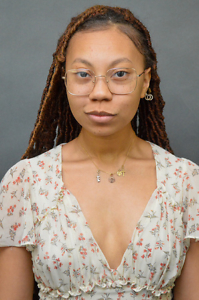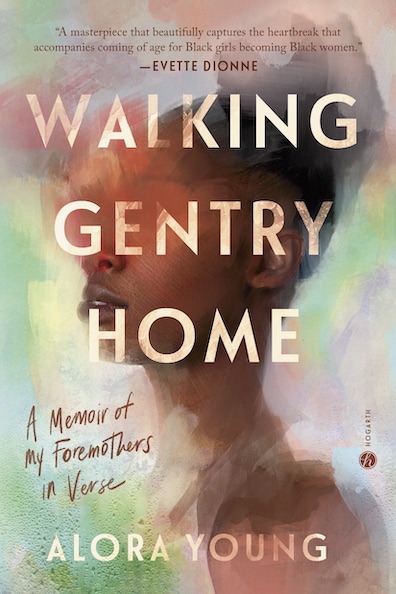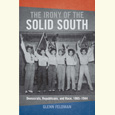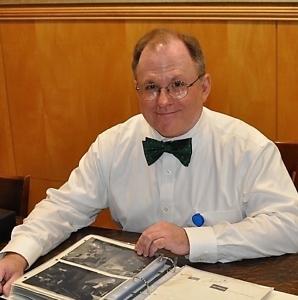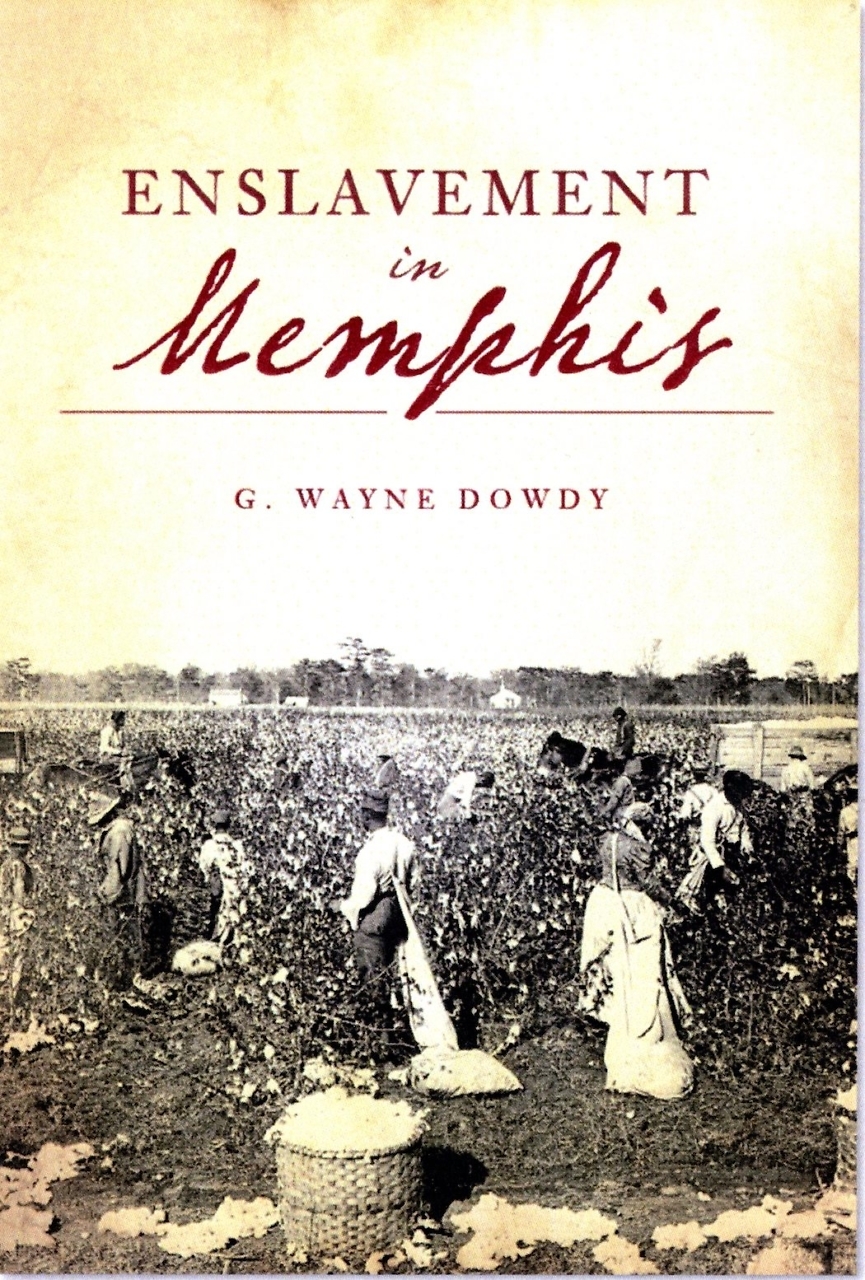The Glorious Pastime: Mary Laura Philpott
Mary Laura Philpott loves sad books … and happy ones
In his review for Chapter 16, Ed Tarkington described Mary Laura Philpott’s 2019 book of essays, I Miss You When I Blink, as “a generous collection, written as if to say ‘I see you; you are not alone’ to the many readers who lead outwardly happy lives yet privately wonder why they don’t feel as happy or fulfilled as the world tells them they should.” That message struck a chord, earning the book kudos from outlets as diverse as Esquire and Real Simple and making it a finalist for that year’s Southern Book Prize.
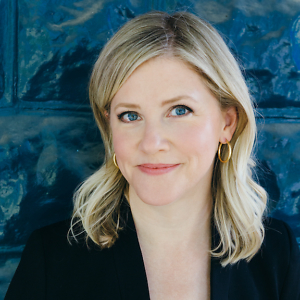
Philpott’s forthcoming book, Bomb Shelter: Love, Time, and Other Explosives, due in April, is billed as a memoir-in-essays, a collection of pieces focused on a two-year period when her family confronted a health crisis with one of her children. Though the book explores some of life’s most terrifying questions, Philpott describes it as “pervasively joyful,” and it’s been named among the most anticipated books of 2022 at LitHub and BookPage.
Philpott, who spent part of her childhood in Memphis, now makes her home in Nashville, where she’s well known from her stints as a host of NPT’s A Word on Words and a bookseller at Parnassus Books. These days, she’s devoting her time to writing, but she kindly took a few minutes to answer our Glorious Pastime questionnaire about her reading life, past and present.
Chapter 16: Tell us the first book you remember loving and what you loved about it.
Mary Laura Philpott: I went through a phase as a kid where I couldn’t stop reading books about characters who died. Does it sound morbid to say I was obsessed with Lois Lowry’s A Summer to Die when I was little? I think children pick up on the sorrow in the world but don’t have the information or experience to process it fully. Sad books are cathartic, even at that age. Plus, I think reading sad books was just part of my nerdy approach to life, wanting to be prepared for anything. I was actually a pretty jolly child. It wasn’t that I enjoyed the feeling of sadness; it was that I sensed sadness was part of life, and death seemed like something I needed to understand.
Chapter 16: Is there a scene or a passage from a book — fiction or nonfiction — that haunts you?
Philpott: Oh my god, every single scene in Kazuo Ishiguro’s Never Let Me Go. One of the highlights of my career was interviewing Ishiguro last year and getting to talk about this: the desperate desire to believe that surely, if we just love one another enough, we can somehow keep one another safe. The premise of that story is so heart-wrenching — the idea that these young clones, human in every way but treated as disposable, think they might be able to prove their humanity by showing that they can feel love, that they can make art. It’s my very favorite meaning-of-life book — maybe my favorite book, period. Obviously, I never outgrew my fondness for sad stories.
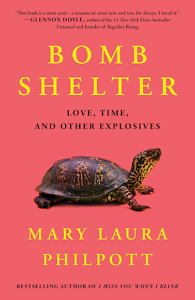 Chapter 16: Have you ever read a book you liked far more than you expected?
Chapter 16: Have you ever read a book you liked far more than you expected?
Philpott: I am not naturally drawn to historical fiction, so I tend to avoid it. (I’m sorry. This a character flaw in me, I know.) So when a writer can make me feel immediately invested in a story set in the distant past, it’s a feat. Maggie O’Farrell’s Hamnet is a perfect example. Do I generally want to read about the Shakespearean era? Honestly, no. But I’ll be darned if Maggie O’Farrell didn’t make me eat my words. It’s always great to dive into a book you know you’ll love and have it uphold expectations, but pleasant surprise is fun, too.
Chapter 16: Is there an author or a book you wish were better known?
Philpott: I won’t rest until everyone is reading Margaret Renkl. I’m a Renkl evangelist, and I would be even if she weren’t my friend.
Chapter 16: What books do you regularly urge friends and students to read?
Philpott: George Saunders’ A Swim in a Pond in the Rain: In Which Four Russians Give a Master Class on Writing, Reading, and Life. It’s a writing course in a book! It does require deep concentration, so you’ve got to take it a little at a time, but I defy any writer to experience this book and not come out better at their craft. It makes me wish I’d had the opportunity to be a student in George Saunders’ classroom.
Chapter 16: What are you currently reading and what led you to choose it?
Philpott: I sometimes read books that are sent to me by their editors a season or two ahead of when they’re published, and I just finished two absolutely delightful novels that come out this summer: Iona Iverson’s Rules for Commuting by Clare Pooley, a wonderful British writer, and The Mutual Friend by Carter Bays. (It’s Bays’ first book, but not his first time telling a story; he was the co-creator of the show How I Met Your Mother.) Joyful, funny, meaningful — both lit up all my circuits. And they’re happy books!

Maria Browning is a fifth-generation Tennessean who grew up in Erin and Nashville. Her work has appeared in Guernica, The Los Angeles Review of Books, and The New York Times. She’s the editor of Chapter 16.
